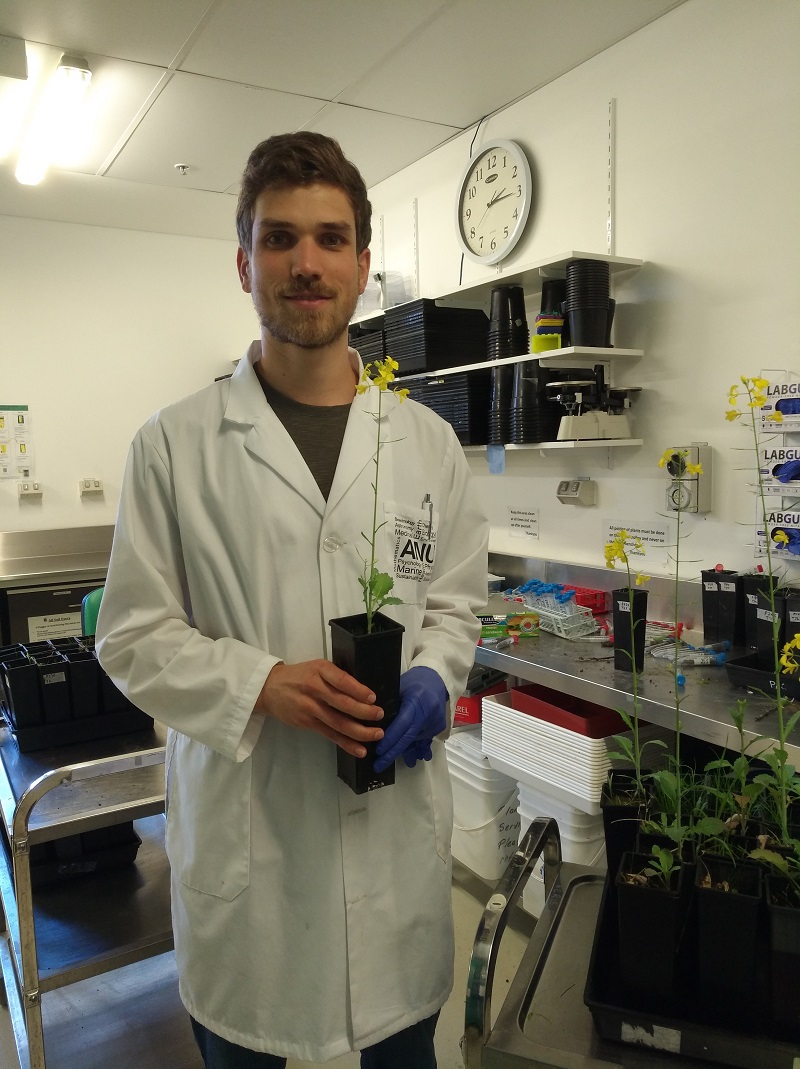PS Seminar Series: Carbon sequestration with benefits to soil and plants
One of society’s greatest challenges is sequestering vast amounts of carbon to avoid dangerous climate change without driving competition for land and resources.
Speakers
Event series
Content navigation
Description

Abstract - One of society’s greatest challenges is sequestering vast amounts of carbon to avoid dangerous climate change without driving competition for land and resources. In this talk, I present my research on biochar as a method for sequestering crop and tree residues to reduce carbon release through decomposition. Specifically, I present research around biochar’s environmental safety, and the optimisation of both carbon sequestration and nutrient provision. I furthermore outline my results on how belowground plant-carbon could be efficiently stored as stable soil organic carbon with the help of microbes and minerals. I introduce research on a third method, enhanced weathering of basalt powder, a soil amendment that could further capture and store carbon, while releasing nutrients and alkalinity. Finally, I show how these methods could be integrated to provide synergies for carbon capture and storage while providing soil and plant benefits in agro-ecosystems.
Biography - Wolfram did his PhD at the University of Edinburgh from 2012-2016 on contaminant issues in production and application of biochar. Since then, he has worked at the University of Edinburgh, at CSIRO and as an independent consultant. Since January 2020, he is a Research Fellow in the Borevitz lab. He has a background in biology (BSc), environmental and agricultural sciences (MSc) and environmental chemistry and engineering (PhD). He investigates technologies and processes to sequester large amounts of carbon in agricultural/forestry systems, which have the potential to mitigate and eventually reverse the effects of climate change while also providing soil and plant co-benefits.
Location
Eucalyptus Room, Rm S205, Level 2, RN Robertson Building (46)




